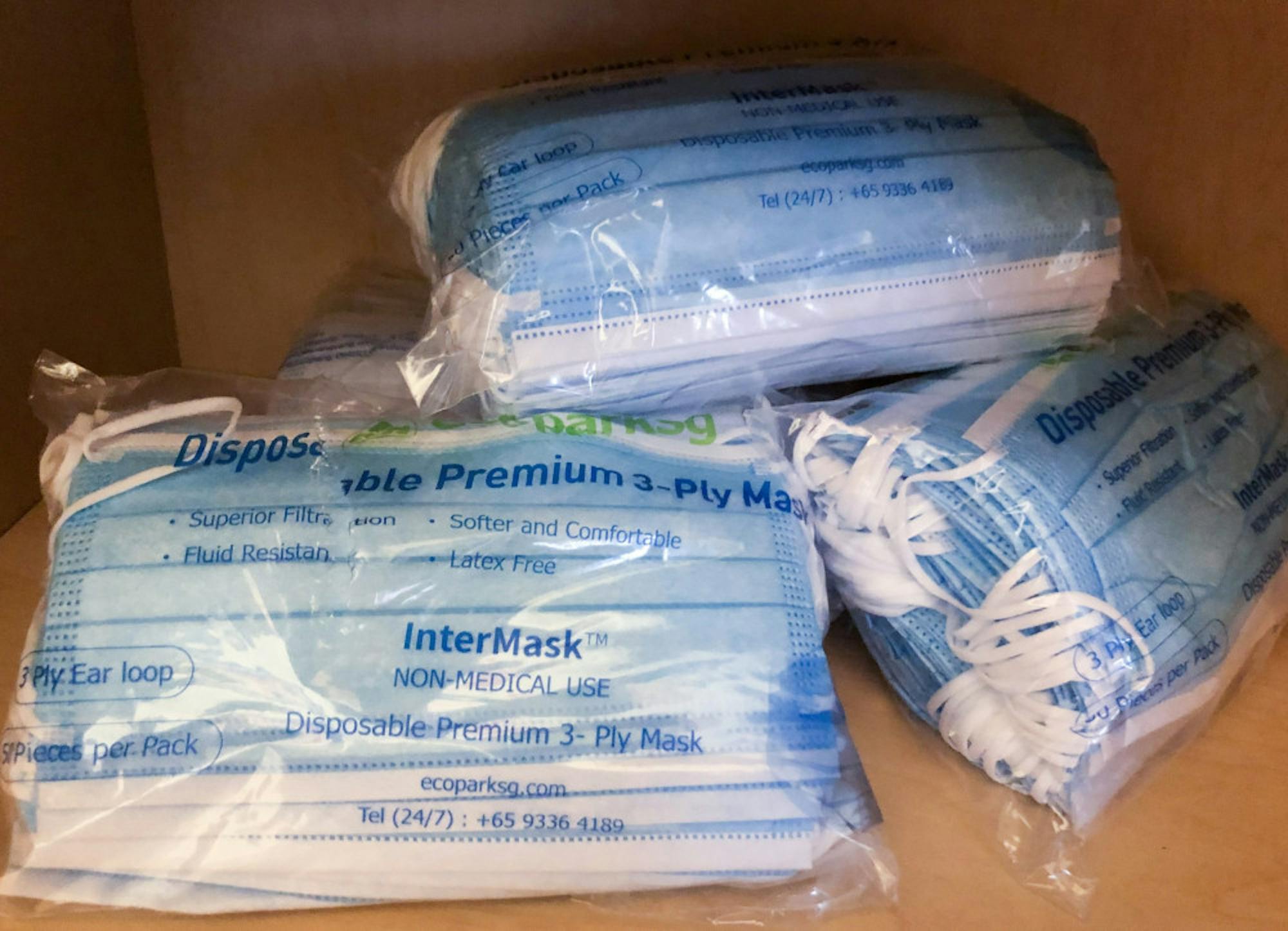After three new coronavirus variants were discovered in the U.K., South Africa and Brazil, cases attributed to these variants began spreading around the United States. Health officials in the U.S. are still working to determine just how dangerous these variants are and if the current vaccines are able to provide enough protection against them. At the same time, Tufts health officials are in the process of understanding how these variants will affect COVID-19 on campus.
Shira Doron, epidemiologist and associate professor at the Tufts University School of Medicine, said the Centers for Disease Control and Prevention projects that the variants may become predominant in the U.S. by March. There is a possibility that the variants could have a significant effect on the Boston area, including Tufts.
“We have limited data on the prevalence of variants in Boston, because only a relatively small proportion of positive specimens are subjected to genomic sequencing in order to know whether they are due to a variant,” Doron wrote in an email to the Daily. “Therefore, we could be experiencing silent spread.”
Marie Caggiano, medical director of Health Service, and Michael Jordan, university infection control health director, said in a joint statement that because some variant strains of COVID-19 have been shown to be more transmissible and potentially more virulent, it is even more important now to continue to follow health and safety protocols implemented on the Tufts campus.
“We are continuing to learn more about the new variants. At this time, it does appear to be possible for individuals who have previously been infected with the wild type SARS-CoV-2 to be re-infected with a variant type,” Caggiano and Jordan wrote in an email to the Daily. “This means no one should let their guard down and even individuals who have previously tested positive need to continue being vigilant about following public health guidance and any person experiencing symptoms should avoid exposing others and seek medical care right away.”
According to Doron, the primary variant that has currently been isolated with the most frequency in the U.S. is the B. 117 variant, which originated in the U.K. Although the variants from South Africa and Brazil are less common at the moment, Doron said that may change.
“The UK variant is concerning because it appears to be more contagious. More contagious means more cases which means more hospitalization and death,” Doron said. “The South Africa variant is concerning because it appears to evade the immunity provided by [natural] infection, antibody therapy, and vaccination, to some extent.”
Doron added that it is not yet known whether the variants have different effects on young people than the original strain, but that is a potential concern given that Tufts' population is mostly made up of young people.
Caggiano and Jordan said Tufts is experiencing a higher positivity rate this semester, compared to the fall. Although it is possible there are variants present in the community, the increase in positivity rate on campus is consistent with the national surge in cases that has recently occurred, which has many causes.
According to theDaily's COVID-19 dashboard, 46 individuals on the Medford/Somerville campus tested positive between Feb. 1 and Feb. 9.
The potential presence of highly transmissible variants in the community is something the university remains conscious of.
"The emergence of new SARS-CoV-2, especially those with higher transmissibility was one of several factors which influenced our decision to increase the frequency of COVID-19 surveillance testing at the opening of this semester," Caggiano and Jordan said.
Caggiano and Jordan mentioned that the samples collected through surveillance testing and provided to the Broad Institute do not provide information as to whether an individual is infected with a variant.
According to Doron, genetic sequencing is the only way to determine if someone is infected with a variant strain and is only conducted at specialized labs.
“There is a clue called ‘S drop-out’ that can be seen on some PCR platforms that use multiple targets to determine test positivity,” Doron said. “If one of the targets is negative, it could represent a variant.”
The CDCreported that wearing two masks, a surgical mask underneath a cloth mask, is one way to increase protection against the more contagious variants. However, Caggiano and Jordan said they do not recommend double masking, as it may increase discomfort or difficulty breathing, which could lead to improper wear.
“We … encourage students to use the 3 ply disposable face masks that we provided at onboarding,” Caggiano and Jordan said. “We know the masks we provide fit properly and are designed for this purpose whereas we don’t know the quality of the cloth masks people wear … If students do choose to wear a cloth face mask, they should ensure it fits properly, covering both the nose and mouth without gaps on the sides.”
Caggiano and Jordan urged students to continue following health and safety guidelines put in place by the university. They emphasized that students should avoid eating in groups and look for opportunities to socialize while wearing a mask and maintaining proper physical distance.
“The next few months will require all of us to remain highly vigilant and follow all university and community safety protocols,” Caggiano and Jordan said. “We urge everyone to stay safe and to continue to exercise caution. Furthermore, we encourage all members of the community to receive the COVID-19 vaccine when it becomes available to them.”






